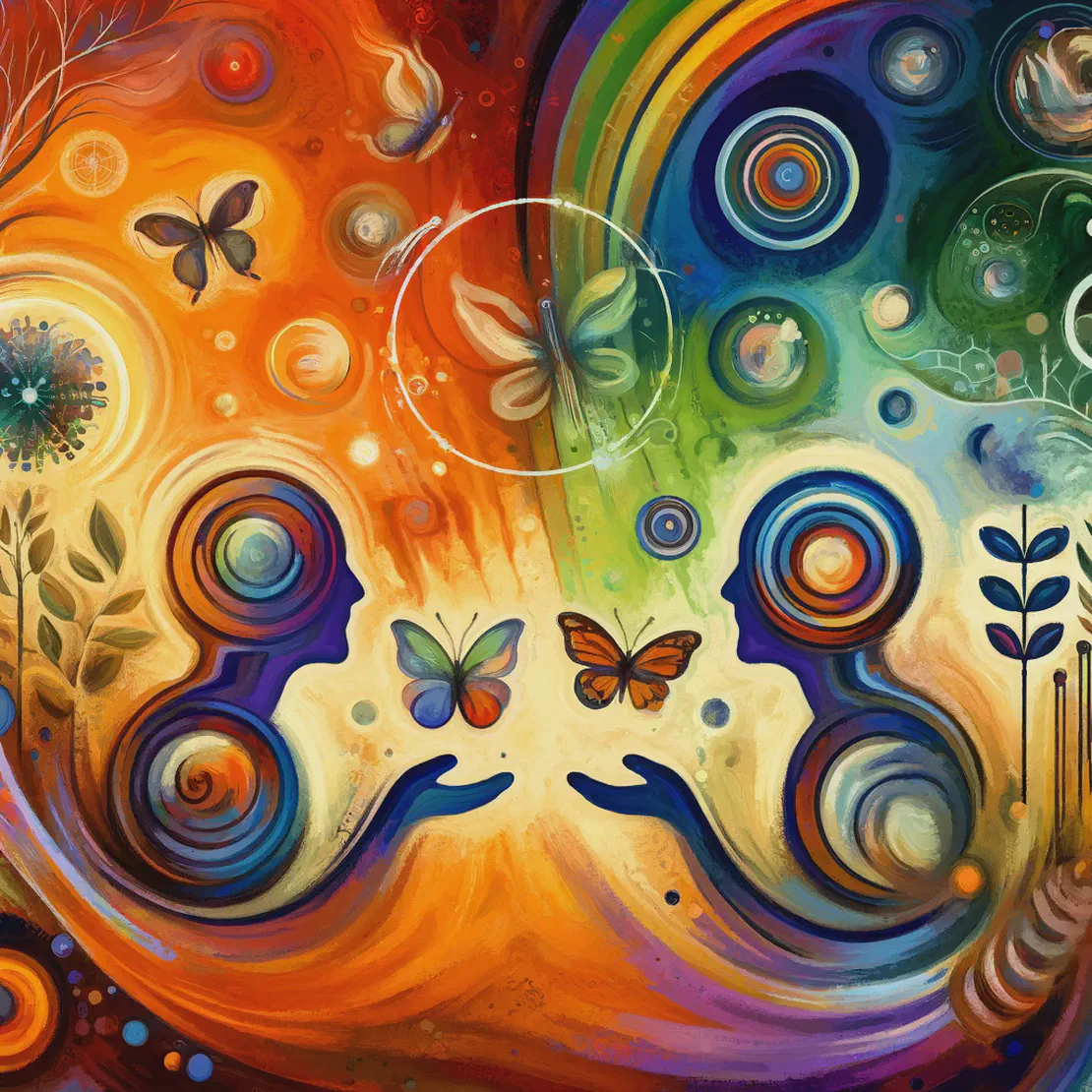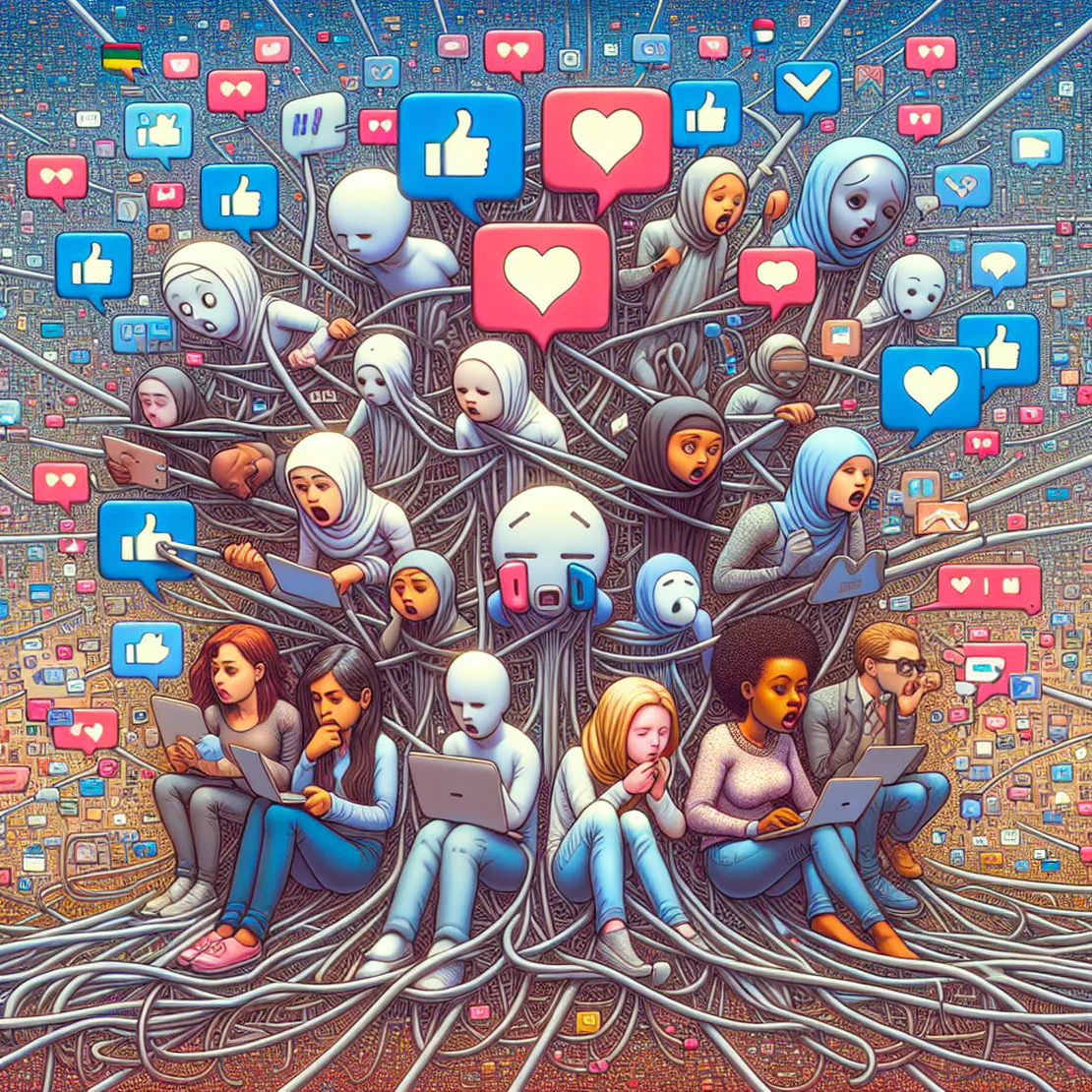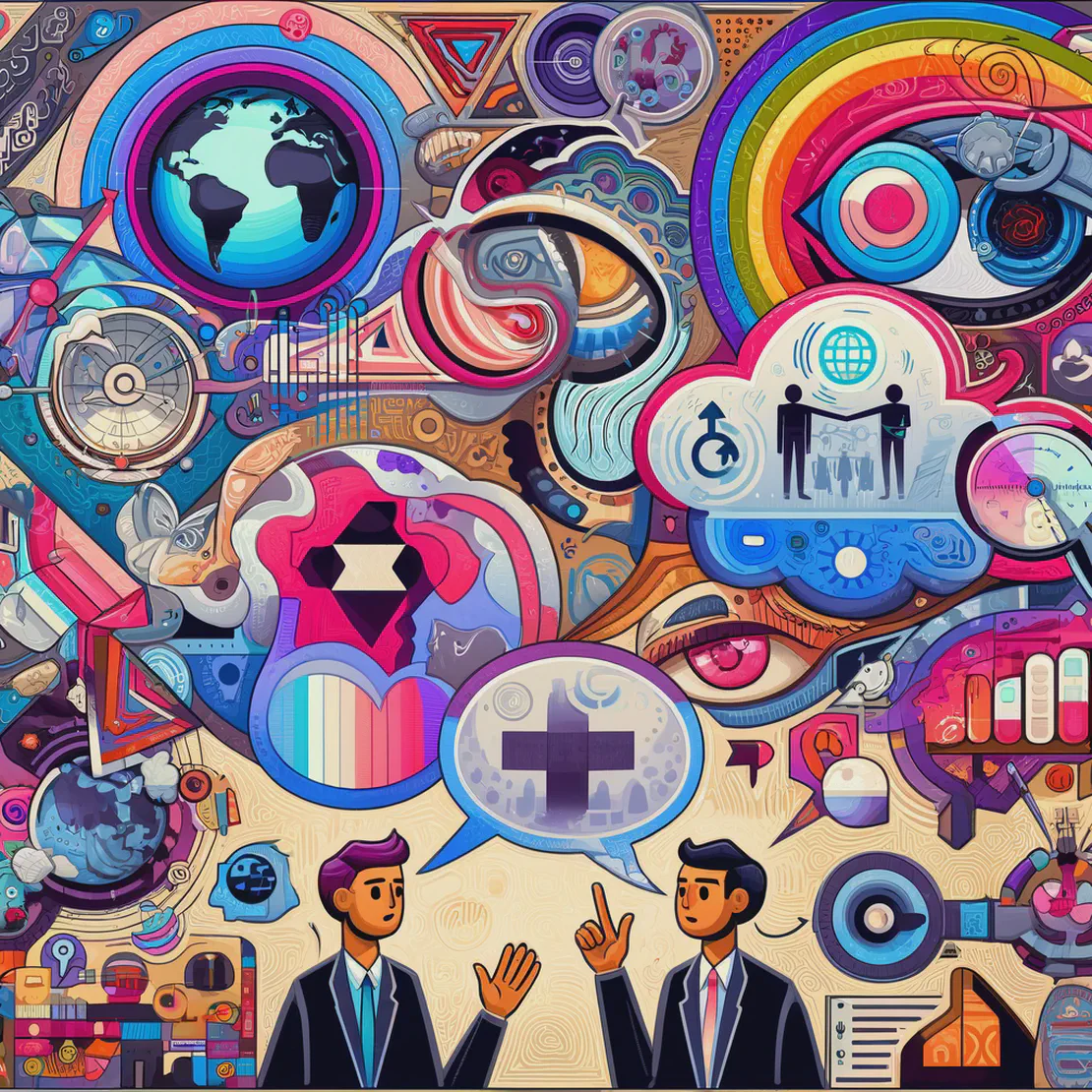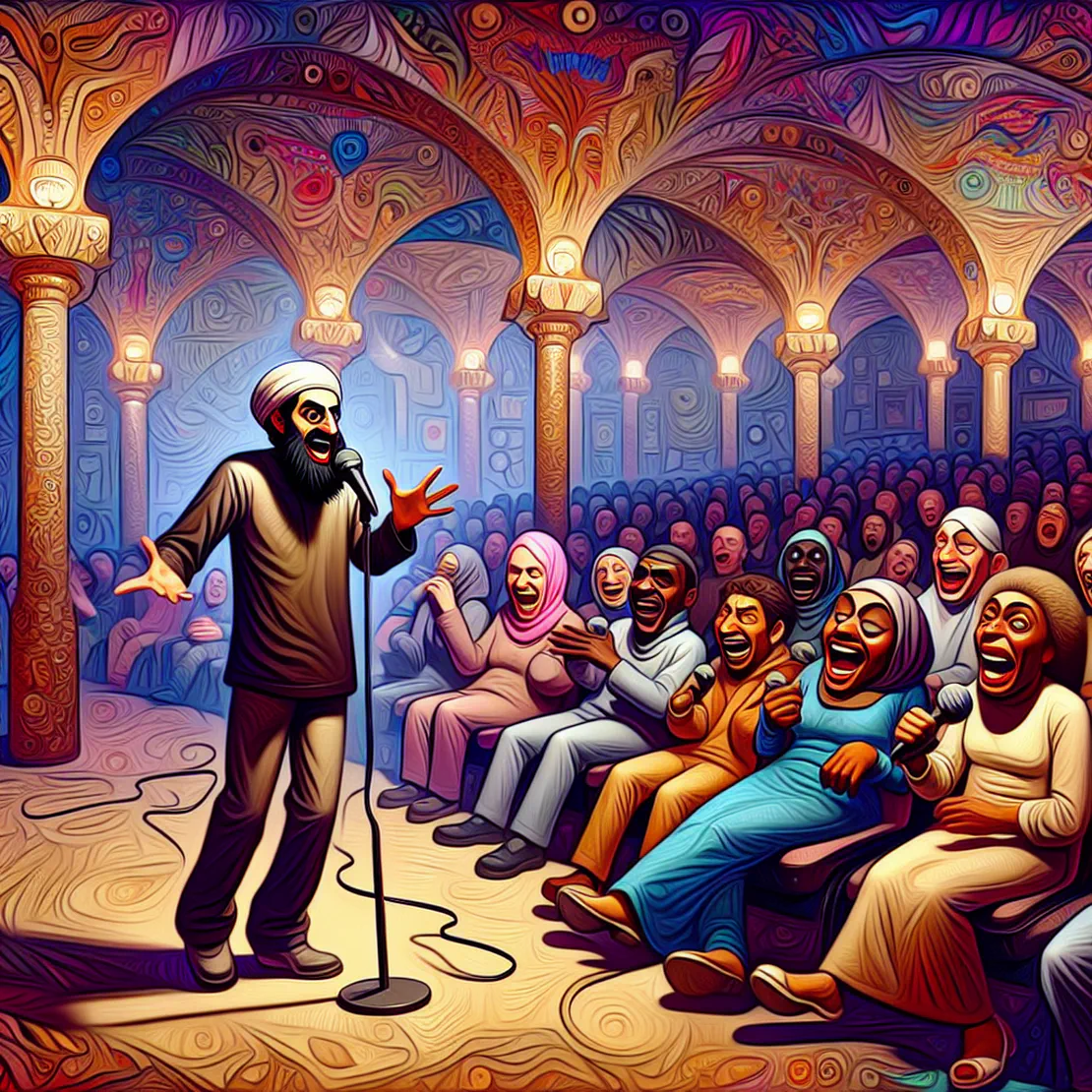
#1283 - Russell Brand
- The Joe Rogan Experience
- Entertainment
- April 20, 2019
Table of Contents
At a Glance
-
Reflection on Spiritual Experiences and Physical Discipline - “I think it probably relates to this spiritual thing. I think it meant that I was, I’m very open to sort of spiritual experience, meditative experience”. This highlights Brand’s openness to spiritual and meditative experiences, shaped by his upbringing and lack of early physical discipline, emphasizing his unique journey towards personal growth and self-awareness.
-
The Power of Information Leaks - “If you knew what we do in order to keep shit running, you would revolt. So we are never going to let you know.” The conversation highlights the importance of information leaks and their potential impact on societal change.
-
Inequality in the Justice System - "…he’s revealed some staggering crimes, and no one’s concentrating on that. The government is not freaking out…" This point emphasizes the perceived disparity between Julian Assange’s treatment and that of others who have committed similar or worse crimes.
-
The Failure of Democratic Institutions - “I feel that so many of the problems that we’re experiencing now is because the democratic left-wing liberal organizations stopped serving the people…” The discussion touches on the notion that democratic institutions have failed to serve their constituents, leading to widespread disillusionment and frustration.
-
Patriotism and Identity - “What is patriotism?… What are we waving our flags for?” This segment explores the concept of patriotism and its connection to identity, community, and shared values.
-
Personal Reflections on Politics and Society - “I’m beyond left; I’m not even allowed to hallucinogens…” The conversation includes personal anecdotes and reflections from Joe Rogan, highlighting his thoughts on politics, society, and the need for change.
What to Do
-
Embrace and Explore Personal Spirituality - Russell encourages people to explore their spirituality personally, without imposing it on others, fostering a more understanding and less judgmental society: “My personal philosophy is my morality and my spirituality is for me”.
-
Promote Open and Objective Communication - Russell suggests that people should focus on open, objective communication to resolve disagreements and build better relationships: “Can’t we just communicate? Can’t someone say what they think, and I say what I think, and we just decide what makes sense?”.
-
Seek Authentic Personal Transformation - Joe praises Russell’s journey towards authenticity, encouraging others to seek their true selves and positively influence those around them: “You’ve uniquely emerged authentically. Like you, this is who you really are”.
-
Build Community and Connection - Russell emphasizes the importance of creating genuine community connections and moving away from judgment as a primary means of forming identity: “We need to have a real sense of community and connection, and we’ve got to let go of looking for ways to object to and judge other people”.
-
Use Humor to Address Vulnerability - Russell highlights the role of humor in dealing with shame and vulnerability, suggesting that laughter can connect people to deeper truths and shared human experiences: “Laughter is to shame what grief is to sadness”.
What to Get
-
BJJ (Brazilian Jiu-Jitsu) - Russell describes Brazilian Jiu-Jitsu as mentally cleansing, comparing it to video games for its ability to fully engage the mind, saying, “I find Jiu-Jitsu to be very similar in that way too that it’s so all-encompassing it’s so there’s so much on the line it’s so difficult to do that while it’s happening you’re freeing your mind up". https://amzn.to/3VGMhBg
-
Archery Equipment - Russell expresses his love for archery, emphasizing the joy and concentration it brings, stating, “There’s wonderment I love it joy that’s so cool there’s joy in it and there’s enthusiasm". https://amzn.to/3KLrbvn
Summary
Joe Rogan and Russell Brand’s conversation is a dynamic mix of humor, personal insights, and philosophical musings. They start with light-hearted jokes about Russell’s guru-like appearance and delve into his journey from chaos, fame, and addiction to a more grounded and authentic life. Joe praises Russell for his unique emergence and authenticity, which Russell attributes to his exploration of spirituality and meditation. They discuss the importance of having personal morals and spirituality that are not imposed on others, advocating for understanding and acceptance of diverse experiences. This sets the stage for a broader discussion on societal divisions and the media’s role in exaggerating conflicts, with both agreeing that real-life interactions are often more harmonious than portrayed.
The discussion then shifts to the nature of disagreements and the importance of fostering objective, non-antagonistic dialogues. Russell emphasizes the value of community and connection, arguing against the tendency to judge others based on superficial differences. He shares his belief in the need for smaller, self-governing communities that prioritize personal relationships over large, impersonal systems. Joe agrees, noting that true change often comes from personal transformation, which can inspire others. They touch on the therapeutic potential of humor and psychedelics, suggesting that these can help people connect with deeper aspects of themselves and the world, fostering a sense of unity and understanding.
Towards the end, Russell and Joe explore the idea of embracing one’s unique journey and using personal growth as a catalyst for positive change in others. They reflect on the role of comedy in dealing with vulnerability and the importance of authenticity in personal and public life. Russell’s reflections on his past experiences with addiction and his current practices of mindfulness and meditation provide a compelling narrative of transformation and hope. Joe supports this by highlighting the impact of Russell’s journey on his audience, encouraging listeners to seek their own paths to authenticity and growth.


